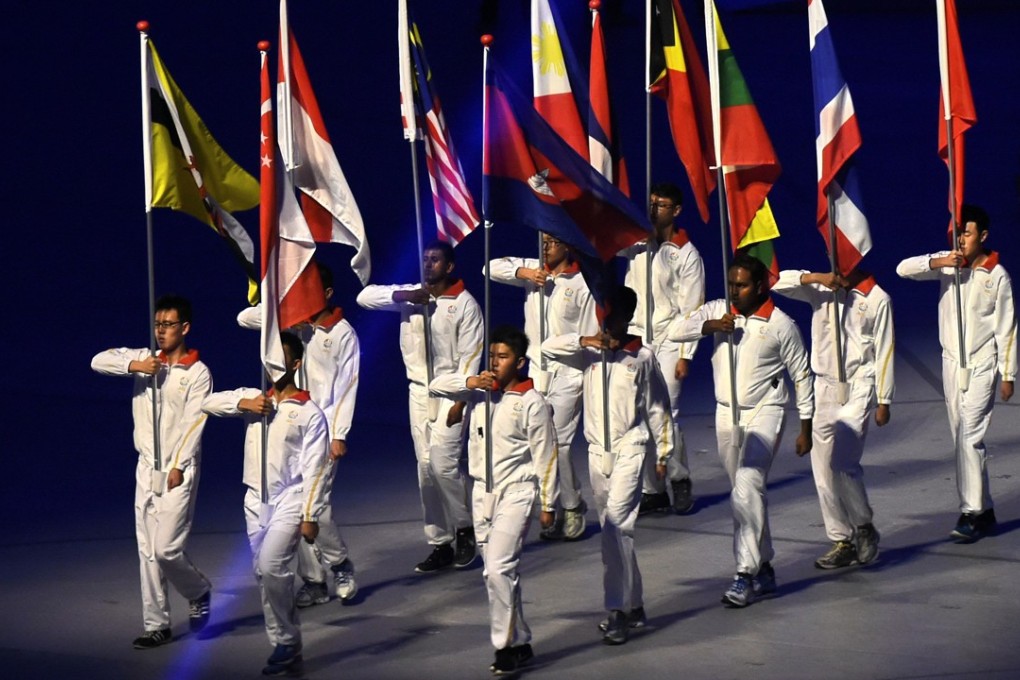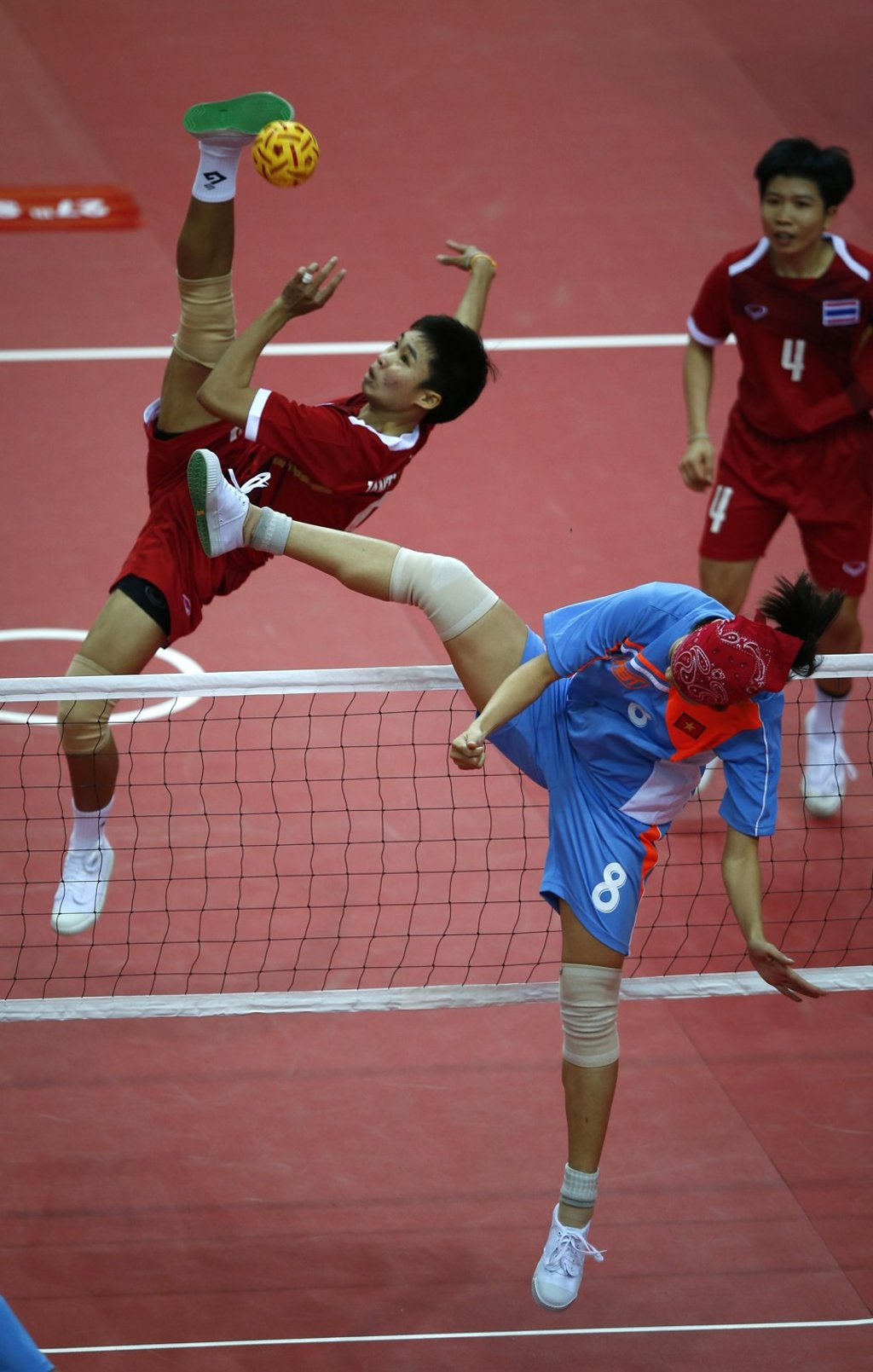Southeast Asian Games yet to win gold for sporting spirit
Pattharapong Rattanasevee says continued host country tactics to claim an unfair edge over rivals raise questions about fairness, and hurt regional athletes’ prospects on the wider stage

The 29th Southeast Asian Games, or SEA Games, will be coming round to Kuala Lumpur next month. The popular event dates back to the first Southeast Asian Peninsular Games (SEAP Games) in 1959, when sport was one of the earliest areas of cooperation in the region. Over the years, however, it has attracted its share of criticism and controversies.
A recent uproar concerns Malaysia’s proposed drawing rule for the group stage of the football events, allowing the host country to freely choose its group after all competitors have been drawn. The announcement sparked widespread protests from fellow competitors and fans, with some even threatening to boycott the games.
The SEA Games are regulated by the Southeast Asian Games Federation, and supervised by the International Olympic Committee and the Olympic Council of Asia. However, it is unique in one way: although the federation charter indicates that every SEA Games shall consist of a minimum of 22 sports, there is no limit to the number of events. This means the host nation is free to drop a sport, no matter how popular it is, or introduce a sport no matter how local it is.
Using strategies to maximise the medal tally and advantage for the host country has been a major problem
The host nation is also free to allocate a number of medals to the list of sports in contest. These norms have often been exploited by hosts as “important tactics” to help them to win more medals.
Using strategies to maximise the medal tally and advantage for the host country has been a major problem for almost every SEA Games in recent decades. Last year, the organising committee for this year’s games in Kuala Lumpur announced that eight athletic events, including the men’s and women’s marathons, would be excluded from the provisional list. A quick internet research suggests the reason is perhaps that Malaysia did not win any medals in these sports in the previous three SEA Games.
However, this is not the first time such manipulation has taken place in the SEA Games. For example, the 2011 games hosted by Indonesia saw the first appearance of roller skating – in which Indonesia swept all 12 golds – plus many other non-Olympic sports, which saw the host become overall winners with 182 gold medals (compared to just 64 and 47 in the in 2013 and 2015 SEA Games, respectively).

Similarly, in the 2013 games, Myanmar won six out of eight gold medals in its indigenous sport chinlone, after introducing it to the line-up. In 2007, Thailand similarly added the new category of sepak takraw and introduced a new kind of ball, resulting in its winning nearly all sets of medals.